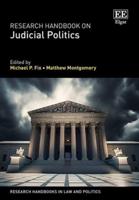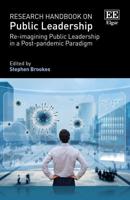Publisher's Synopsis
Mainstream public relations overvalues noise, sound and voice in public communication. But how can we explain that while practitioners use silence on a daily basis, academics have widely remained quiet on the subject? Why is silence habitually famed as inherently bad and unethical?
Silence is neither separate from nor the opposite of communication. The inclusion of silence on a par with speech and non-verbal means is a vital element of any communication strategy; it opens it up for a new, complex and more reflective understanding of strategic silence as indirect communication.
Drawing on a number of disciplines that see in silence what public relations academics have not yet, this book reveals forms of silence to inform public relations solutions in practice and theory. How do we manage silence? How can strategic silence increase the capacity of public relations as a change agent?
Using a format of multiple short chapters and practice examples, this is the first book that discusses the concept of strategic silence, and its consequences for PR theory and practice. Applying silence to communication cases and issues in global societies, it will be of interest to scholars and researchers in public relations, strategic communications and communication studies.










